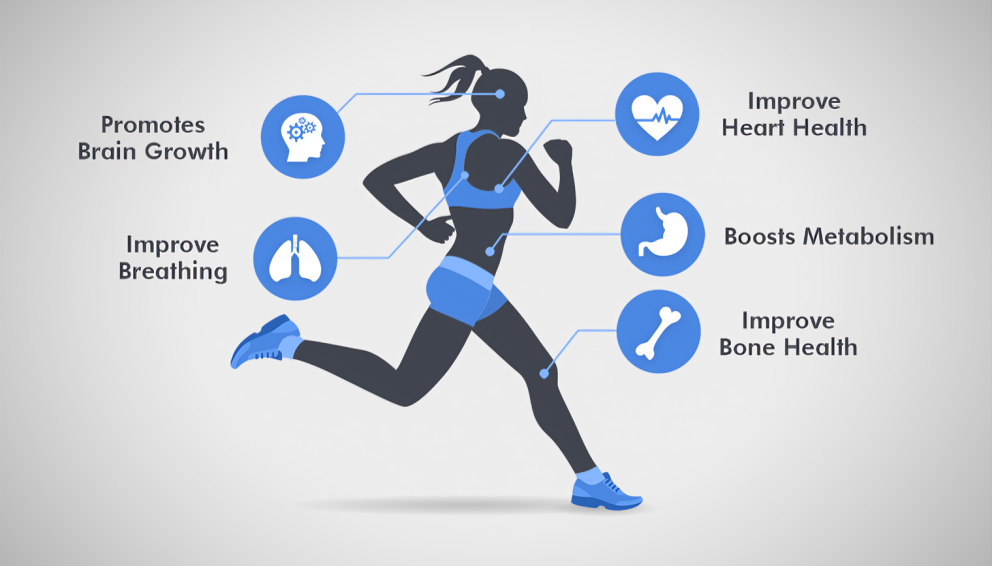Fat loss isn’t just about eating less and moving more—it’s about understanding your body, nutrition, and lifestyle choices. Many people fall into common diet traps, avoid essential nutrients, or focus on quick fixes rather than sustainable habits. This guide breaks down the biggest fat loss myths, essential dietary components, and effective strategies to help you lose fat and keep it off.
1. Debunking Common Weight Loss Myths
- “Carbs make you fat.” – False! Excess calories, not carbs, lead to fat gain.
- “Skipping meals helps in fat loss.” – No! Skipping meals often leads to overeating later.
- “Fat makes you fat.” – Wrong! Dietary fat is essential for hormones and satiety.
2. The Role of Sleep in Fat Loss
Poor sleep increases cortisol, a stress hormone that triggers fat storage. Aim for 7-9 hours of quality sleep per night.
- Limit screens before bedtime (blue light disrupts melatonin).
- Keep your bedroom cool and dark.
- Avoid caffeine after 4 PM.
3. The Truth About Detox Diets
Your liver and kidneys already detox your body naturally. Instead of wasting money on detox teas, focus on:
- Drinking plenty of water.
- Eating fiber-rich foods (vegetables, fruits, whole grains).
- Reducing processed foods and alcohol.
4. The Science Behind Intermittent Fasting
Intermittent Fasting (IF) helps with fat loss by reducing calorie intake. Popular fasting methods include:
- 16:8 Method – Fast for 16 hours, eat within an 8-hour window.
- OMAD – One meal a day fasting.
- 5:2 Method – Eat normally for 5 days, restrict calories for 2 days.
5. Macronutrients: Protein, Carbs, and Fats
To lose fat effectively, you need to balance these macronutrients:
- Protein (4 kcal/g): Essential for muscle retention. Aim for 1.5-2g per kg body weight.
- Carbs (4 kcal/g): Fuel for workouts. Choose whole grains, oats, rice.
- Fats (9 kcal/g): Support hormones. Include avocados, nuts, olive oil.
6. How to Track Calories Without Going Crazy
Tracking calories can be useful, but keep it simple:
- Use apps like MyFitnessPal or a notepad.
- Measure portion sizes with hand estimation (palm for protein, fist for carbs, thumb for fats).
- Focus on consistency over perfection.
7. Best Workout Routine for Fat Loss
For optimal fat loss, combine strength training with cardio:
- 3-4 days of strength training (squats, deadlifts, presses).
- 2-3 days of cardio (HIIT or steady-state walking).
- 10,000+ steps per day for general activity.
8. Hydration and Fat Loss
Drinking water boosts metabolism and reduces hunger. Recommendations:
- Drink 3-4 liters per day.
- Consume 500ml of water before meals to prevent overeating.
9. Healthy vs. Unhealthy Fats
Fats are essential, but choose the right types:
- Good Fats: Avocados, nuts, olive oil, fatty fish.
- Bad Fats: Processed vegetable oils, trans fats, deep-fried foods.
10. How Gut Health Affects Fat Loss
Your gut microbiome impacts digestion and metabolism. Improve gut health by:
- Eating fermented foods (yogurt, kimchi, sauerkraut).
- Consuming fiber-rich foods.
- Reducing sugar and processed foods.
Final Thoughts: Eat Smart, Stay in a Deficit, and Be Consistent
Fat loss is not about extreme dieting—it’s about understanding calories, making smart food choices, staying active, and being patient. Instead of fearing food groups, learn how to balance them while maintaining a calorie deficit.
So next time someone tells you to cut carbs or fats, remember: It’s not about cutting food—it’s about controlling calories.
Conclusion: Sustainable Fat Loss is a Lifestyle
Fat loss isn’t about crash diets, magic supplements, or extreme restrictions—it’s about making
sustainable lifestyle changes that work for you. By understanding
nutrition, sleep, exercise, and hydration, you can create habits that support
long-term fat loss without feeling deprived.
- Focus on whole, nutrient-dense foods instead of cutting out entire food groups.
- Prioritize strength training and daily movement to preserve muscle and boost metabolism.
- Stay consistent and patient—fat loss is a gradual process, not an overnight transformation.
Ultimately, the key to success is balance, knowledge, and persistence. Rather than chasing shortcuts,
commit to a structured plan that fits your lifestyle, and results will follow.







